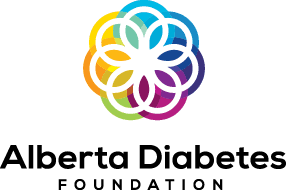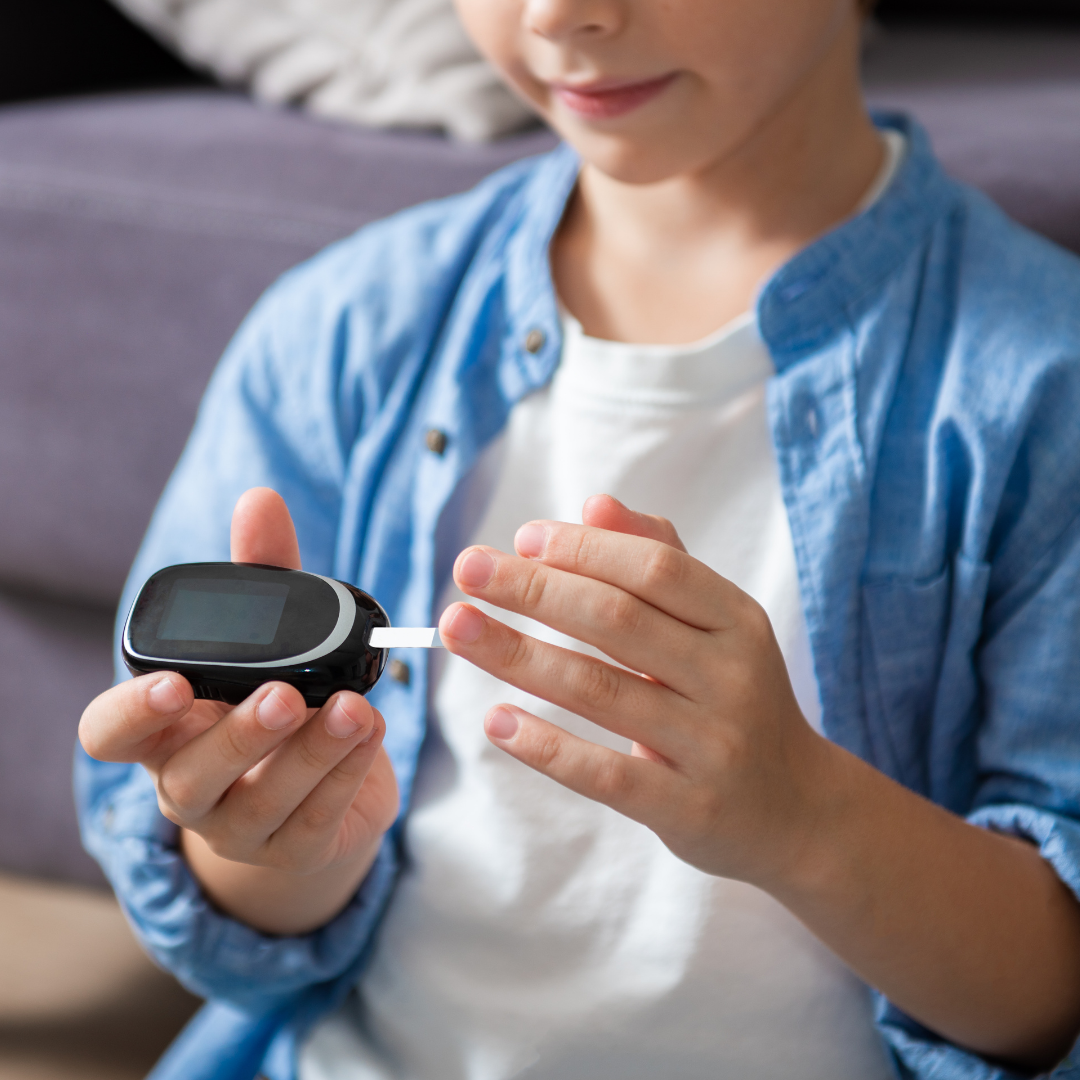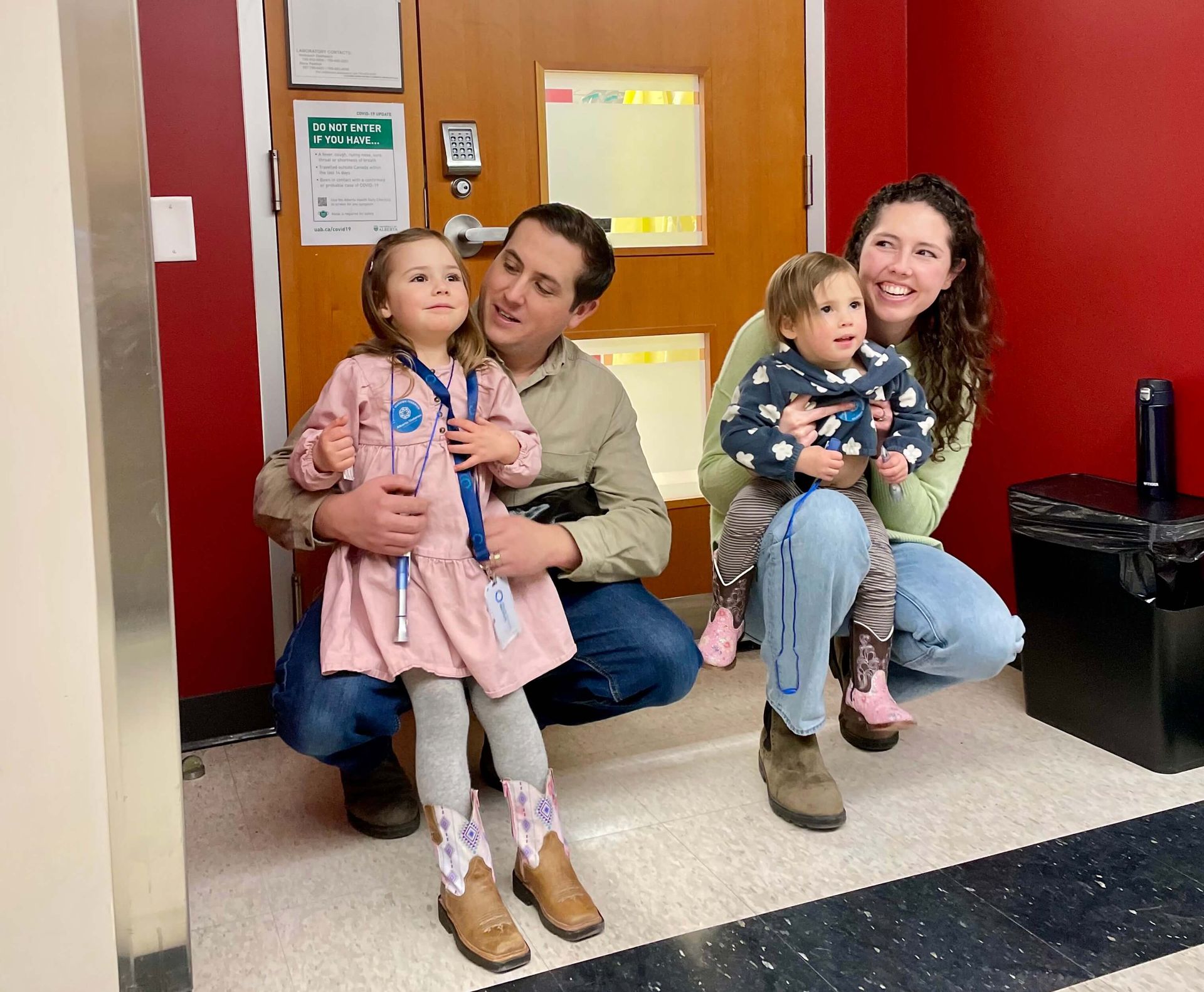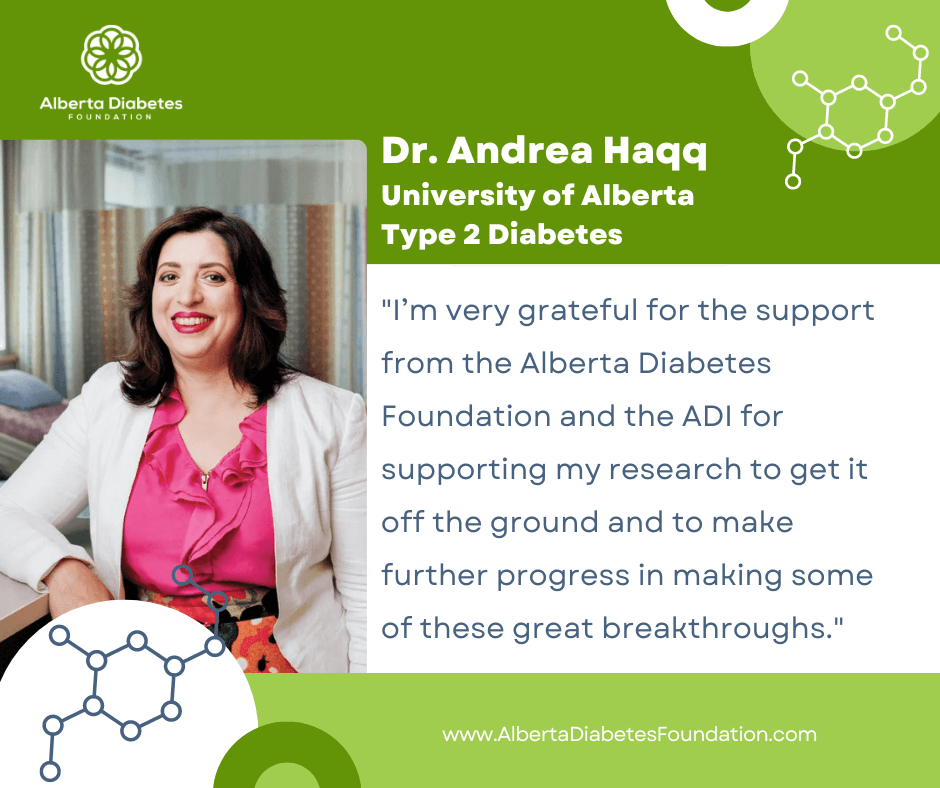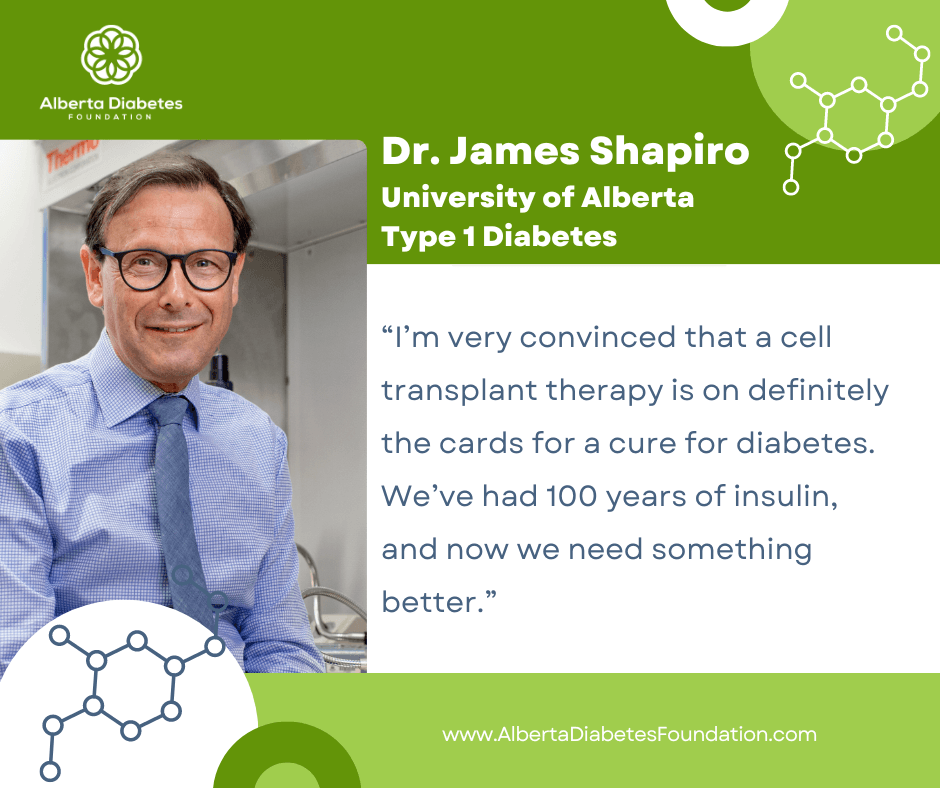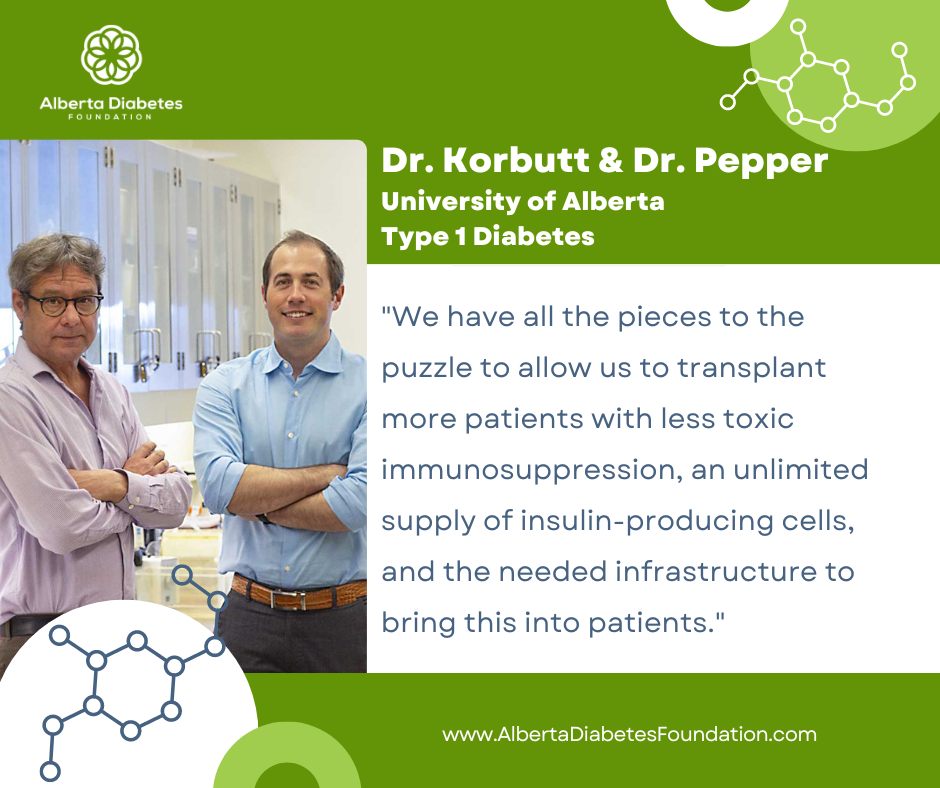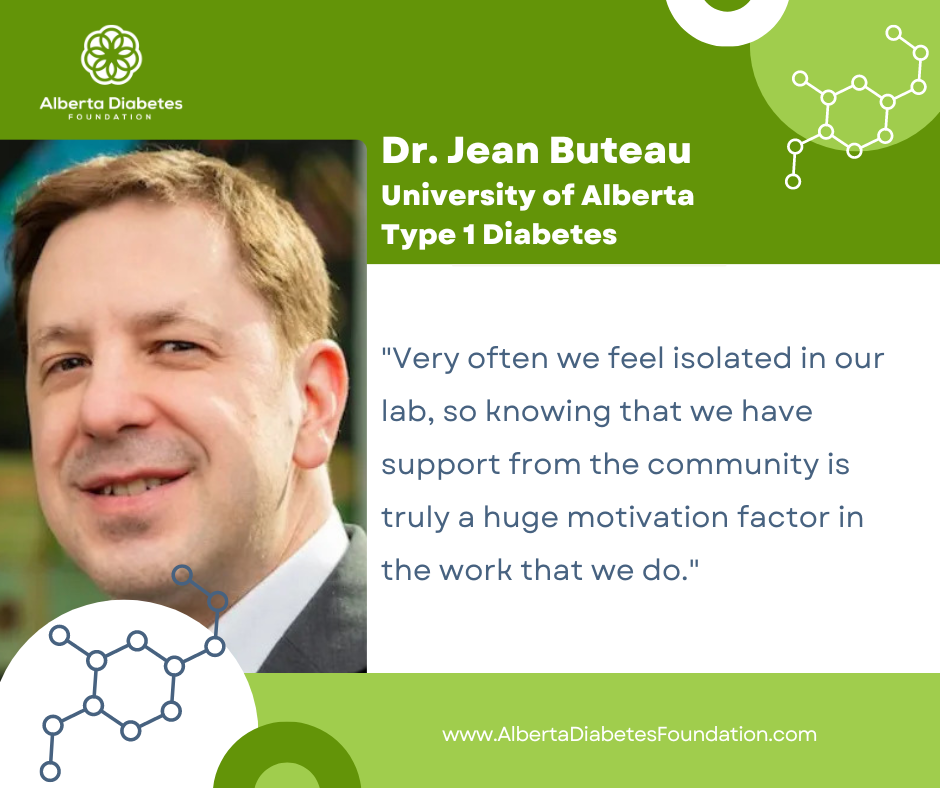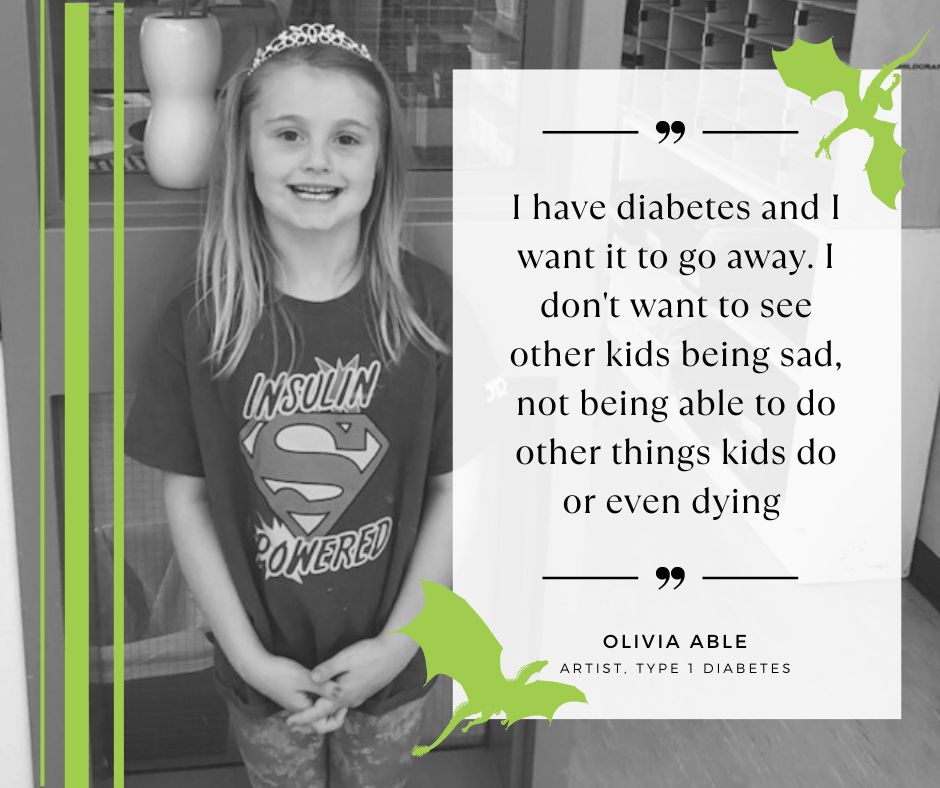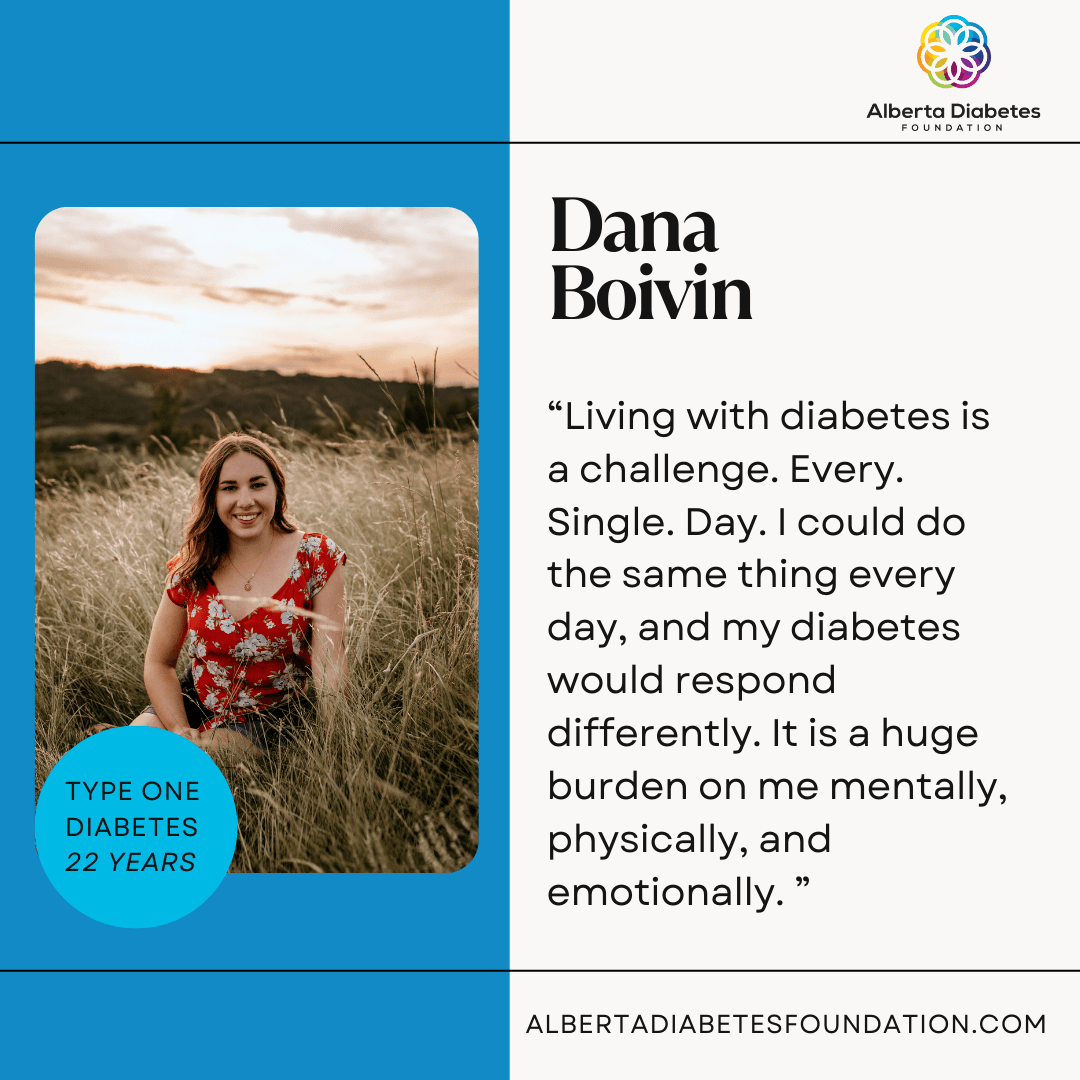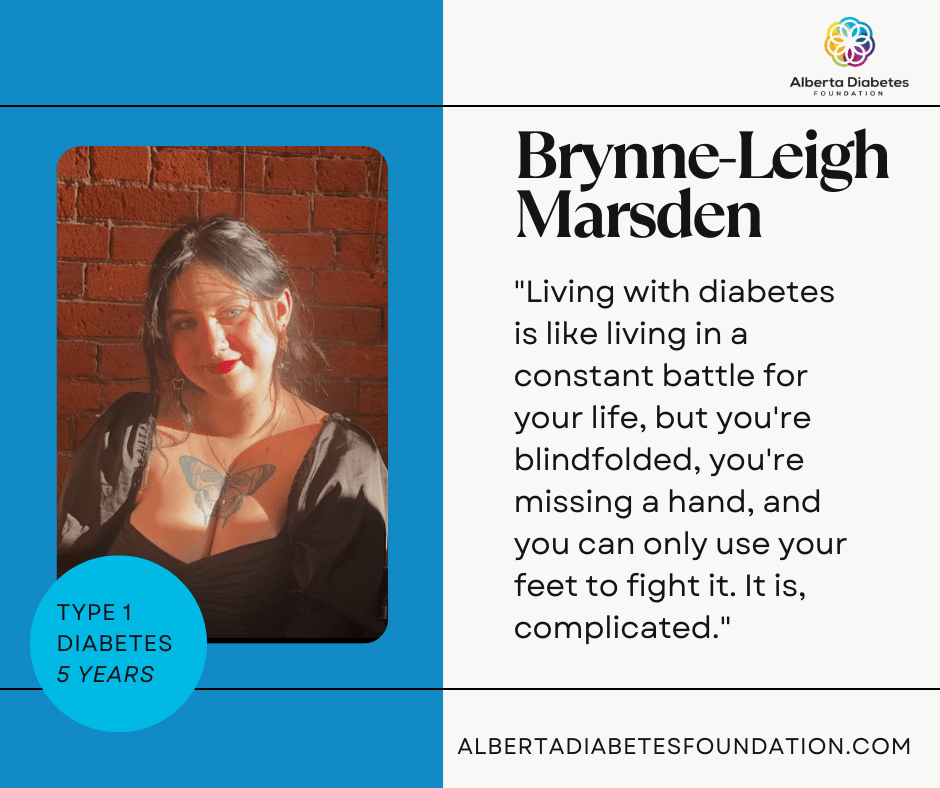Minds of Diabetes: Dr. Jason. Dyck
Dr. Jason Dyck's Novel Research

Welcome to the first ever Minds of Diabetes: Scientists from the World of Diabetes Research segment! This segment will be an ongoing project to document the best and brightest minds in diabetes research, with a particular focus on scientists from Alberta, and share their exciting work.
Today, we are entering the mind of Dr. Jason Dyck. Dr. Dyck is a Professor in the Department of Pediatrics and the Director of the Cardiovascular Research Centre at the University of Alberta. He is also the co-director of the Alberta HEART, a province-wide program aimed at understanding and treating diastolic heart failure. Throughout his career, he has found the crossover between heart disease and diabetes is significant, and his current research reflects these findings.
Important terms
Resveratrol: Plants like red grapes, blueberries, and cranberries produce resveratrol. Its purpose is to defend the plant from bacteria and fungi.
Glucose homeostasis: Scientists use this term to describe the careful balance between insulin and glucagon in the body to maintain a stable and healthy blood sugar level. People with diabetes cannot maintain this due to insulin production issues.
Metabolite: A substance made or used when the body breaks down food, chemicals/drugs, or tissues.
Beta Cell: The insulin-producing cells found in the Islets of Langerhans in the pancreas.
Get to know Dr. Dyck’s Research
Dr. Jason Dyck and his team have been studying the effects of resveratrol and its impact on people with diabetes. Previous studies have been contradictory- some show resveratrol treatment significantly improves glucose homeostasis, and some show no significant effects. Dyck hypothesizes resveratrol itself is not why we see physiological benefits and hence why scientists have seen the benefits in some studies but not others. Dyck believes it is a metabolite of resveratrol or a compound produced in the gut due to the presence of resveratrol that improves diabetes symptoms. This unknown component may improve glucose homeostasis by restoring beta cell insulin secretion capacity or even inducing beta cell regeneration. Dyck’s research aims to identify the metabolite responsible for the recorded benefits and create an oral treatment option.
Dyck’s work has the potential to alter the way we treat people with diabetes, and the only thing halting his progress is funding.
Get to know Dr. Dyck
How did you end up in diabetes research?
"I’ve been a cardiovascular researcher for almost my entire academic career, and because diabetes is a major risk factor for developing cardiovascular disease, I turned my attention to studying diabetes. We started studying how diabetes influences the cardiovascular system, and I am currently investigating treatments for cardiovascular disease and for diabetes."
How did you end up in Edmonton, Alberta?
"I was born in Edmonton and completed most of my education here. After receiving my PhD in Edmonton, I received further training at Dartmouth Medical School (Hanover, New Hampshire) and Baylor College of Medicine (Houston, Texas). Following this, I was recruited back to the UofA in order to provide molecular expertise to help the researchers working in the Cardiovascular Research Centre."
What is your favourite part about research?
"Being a researcher makes me feel like I’m a detective trying to solve a mystery. Being the first to solve some of these mysteries is extremely rewarding."
What is the worst part about research?
"As researchers, we are constantly failing. Failed hypotheses, failed experiments, unsuccessful grant applications, rejected manuscripts, etc. Dealing with this failure is challenging as it is disheartening, but it makes the successes so much better."
When you were younger, what did you want to be when you grew up?
"When I was a young boy, I wanted to be a magician."
What would you say to a prospective donor who is considering making a gift to support a research initiative?
"Your gifts are important and make a difference. Researchers are extremely grateful for these gifts and work hard to show the donor that their gifts are advancing our knowledge. However, since donors often want to see major advances in short periods of time, they must remember that research advances take time and involve numerous steps, so expectations need to be managed."
Thank you, Dr. Dyck, for everything you’re doing to make life easier for people with diabetes and heart disease in the future. And thank you for sharing a little bit about yourself and your research.
LET'S WORK TOGETHER TO FIND A CURE.
VISIT US
1-020 Li Ka Shing Centre
University of Alberta
Edmonton, AB, T6G 2E1
Office Hours
Monday-Friday 8:30-4:00
If you would like to set up an appointment at our office, please set up an appointment by contacting us at
info@abdiabetes.com
